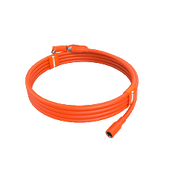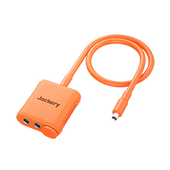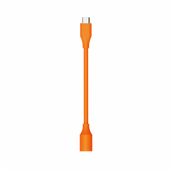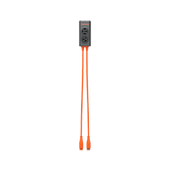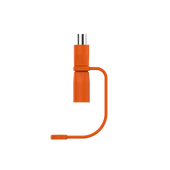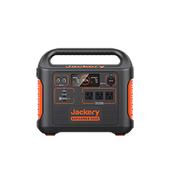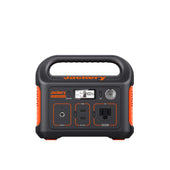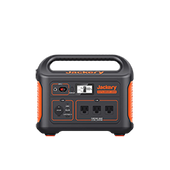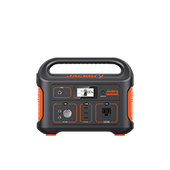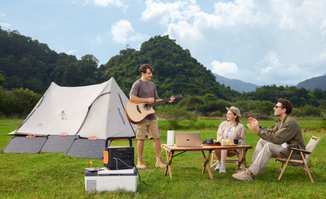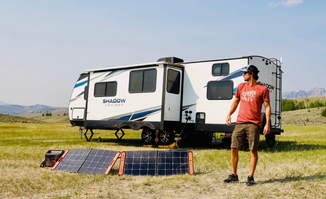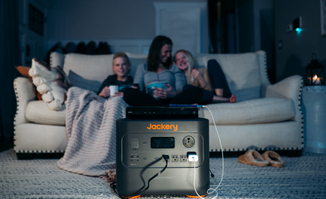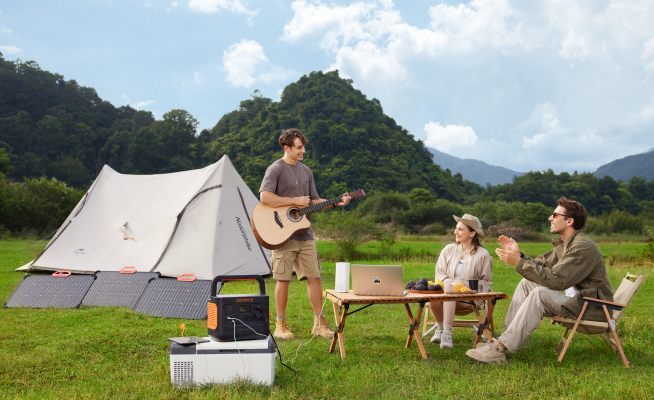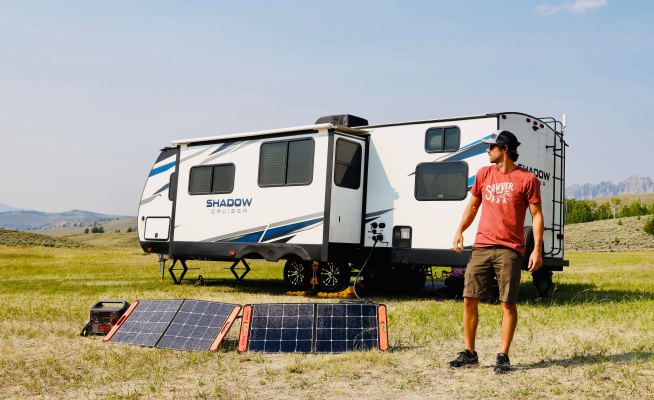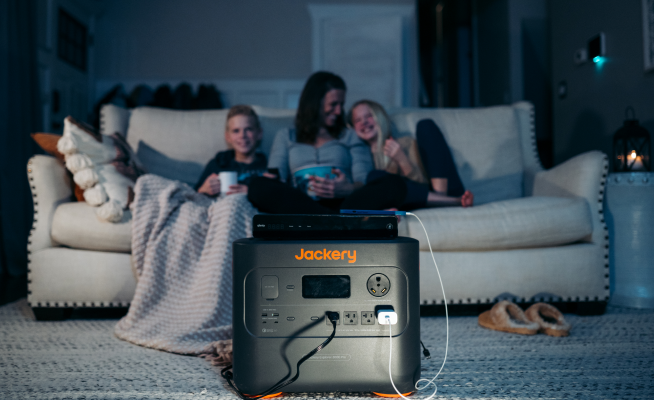Can You Use Portable Generators for Boats and How?
Thinking of ways to make your boat more energy efficient? Using a solar portable generator could be a great way to do that. Portable generators are small, lightweight, and can easily be stowed on your boat for short trips or long cruises.
They provide an efficient source of power for charging batteries, operating interior equipment such as lights and refrigeration systems, powering laptops and other electronic devices, and even running air conditioning on hot days. Some portable generators can even be hooked up directly to your boat's electrical system, allowing you to power larger appliances and equipment.

When choosing a portable generator for your boat, it is important to make sure it is suitable for marine use. Many generators are designed specifically for marine applications and have features such as corrosion-resistant casings and components, water-resistant switches, and fuel tanks that are sealed to prevent leaks. It is also important to ensure the generator has enough power output for your needs; you'll want it to handle larger loads if you plan on powering big items like air conditioners.
In this guide, we'll discuss how to choose the best portable generator for your boat, as well as the safety precautions you should take when using it. We'll also cover some tips on maintaining your generator so that it lasts longer and operates more efficiently.
Solar for Boats: How To Use A Portable Generator On Boat?
Using a portable generator on a boat can provide an abundance of power for your onboard needs. For example, the Jackery Solar Generator 1500 Pro is a great choice for powering smaller items like phones, tablets, and laptops as well as mini-fridges, coffee makers, rice cookers, and microwave ovens. The higher-powered Jackery Solar Generator 2000 Pro can run larger appliances such as air conditioners and refrigerators.
Solar generators use photovoltaic panels to convert sunlight into electricity which can then be used to power various electrical systems on boats, including lights, electronics, and appliances. The solar panels are mounted on the boat's roof or superstructure, and the generated electricity is stored in batteries for use when the sun is not shining. Some larger boats may also have an inverter to convert the stored DC power into AC power for use with standard household appliances.
Solar generators are good for boats for several reasons:
- Environmental Benefits: Solar generators produce clean and renewable energy, reducing the carbon footprint and environmental impact of boating.
- Cost Savings: The use of solar power reduces the dependence on diesel generators and can also help reduce operating costs and emissions while boating.
- Reliable Energy Source:Boats can generate their own power while at anchor or docked, reducing the need to rely on shore power or generator use.
- Quiet Operation: Solar generators operate silently, providing a peaceful environment compared to the noise of diesel generators.
- Increased Autonomy:Solar generators can provide a source of power for boats that are far from shore or in remote locations, allowing for increased independence and flexibility.
- Improved Battery Performance: Solar generators can also help to maintain the battery's charge and extend its life, as well as provide a constant source of power for battery-powered devices.
Definitely, using solar generators to power devices on your boat is a reliable, eco-friendly, and cost-effective choice.
4 Safety Tips for Using Portable Generators for Boats
Safety should always be a priority as with any type of generator. Not only will these tips ensure the safety of your passengers and crew, they will also help you improve the lifespan of the generator.
Here are the four safety tips you should keep in mind when using a solar portable generator on your boat:
Make Sure Use a Small Generator for Boat is Designed for Outdoors
When choosing a generator for a boat, it's important to consider the environment it will be operating in. On smaller boats, there may be limited indoor space, so the generator may need to be located outside. In this case, it's important to select a generator that is specifically designed for outdoor use.
An outdoor generator should have rust-resistant components, such as enclosures, to prevent corrosion from saltwater exposure and other environmental factors. This will help to ensure that the generator remains functional and lasts for a long time. It should have a waterproof cover to protect the generator from rain and other precipitation. The cover should also allow for proper ventilation to prevent overheating.
Furthermore, it's also important to consider the generator's portability and ease of use. For boating, a generator that is easy to move around and set up can be very convenient. It should also have a compact design that takes up minimal space on deck.
Check Your Manufacturer's Instructions
Because you're dealing with electricity in a naturally wet environment, remaining safe is of the utmost importance. Improperly assembling or using a portable generator that delivers enough current and wattage to power small HVAC units can lead to injury or even death.
Always read your manufacturer's guide and instruction manual to ensure that you're following all safety protocols before attempting to operate your generator. Much like we do at Jackery, we include all the necessary information including troubleshooting guides, safety warnings, and more.
Monitor Generator Temperature Levels
Think of your solar generator as a high-performance race car - just like a race car needs to operate at optimal temperatures to perform its best, your solar generator also needs to be kept at the right temperature to ensure that it runs smoothly and efficiently.
Monitoring the temperature levels of your generator is like checking the oil and tire pressure on your race car before a big race. It's an essential step to keep your generator running in tip-top shape and performing at its maximum potential.
Just like a race car driver needs to keep an eye on the temperature gauge to prevent overheating, you need to monitor the temperature levels of your generator to prevent any damage to its internal components. Overheating can cause long-term damage and reduce the efficiency of your generator, just like a flat tire can slow down a race car.
Don't Let the Generator Get Wet
Keeping your solar generator dry is essential to ensure its longevity and safe operation. Water can cause serious damage to the internal components of your generator, leading to electrical shorts, corrosion, and other issues. This can result in costly repairs or even complete failure of the generator, reducing its overall efficiency and reliability.
To prevent moisture damage, it's important to store your generator in a safe and dry location when not in use. This might mean keeping it in a dry storage area, such as a locker or cabinet, or even bringing it inside during extended periods of non-use.
For added protection, you can also invest in a waterproof cover for your generator. This type of cover will provide a barrier against moisture and other elements, helping to keep your generator dry and protected while in use. A high-quality waterproof cover should be made of durable materials and fit securely over your generator, providing a tight seal and protection against moisture, dust, and other debris.

Jackery Solar Generator and Solar Panels for Boats
Jackery is the leading provider of solar generators and solar panels for boats. Our marine power solutions are designed to provide reliable, efficient, and long-lasting power for your boat. Jackery's marine-grade products are certified safe and durable, so you can rest assured that your passengers will be safe on the open seas.
We offer a wide range of solar generator and solar panel packages for boats of all sizes, ranging from our Jackery Explorer 1000 to our most powerful Jackery Explorer 2000. All of our marine-grade products are designed with durability and portability in mind, making them perfect for life on the open water.
Conclusion
Using a portable generator for your boat can be an incredibly efficient and reliable source of power, but it's important to remember that safety should always be a top priority. Taking the necessary precautions to ensure your generator is properly assembled, stored correctly, and operating at optimal temperatures will help you get the most out of your solar generator and keep everyone safe on board.
Jackery's marine-grade solar generator and solar panel packages are designed to provide reliable and long-lasting power for life on the open seas. With a wide range of options available, we’re sure you’ll find the perfect solution for your needs. If you have any questions, please don't hesitate to reach out to us, and we'll be happy to assist you. Enjoy the open seas and explore a new world of possibilities with Jackery!
For more information on how Jackery can help you power your boat, contact us today. Our experts are here to help you find the perfect solution for your needs and budget. Let us take the worry out of powering your boat so that you can enjoy a safe and stress-free journey on the open seas.
Disclaimer:
The runtime mentioned for appliances powered by Jackery is for reference only. Actual runtime may vary under different conditions. Please refer to real-world performance for accurate results.







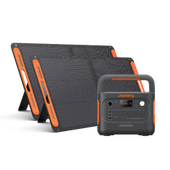



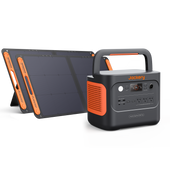

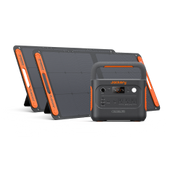
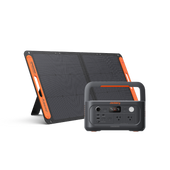
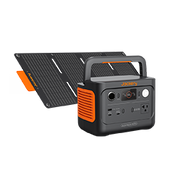
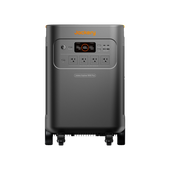

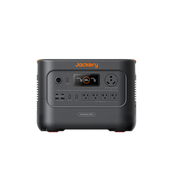
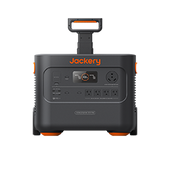
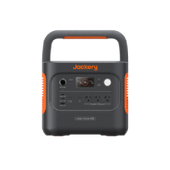
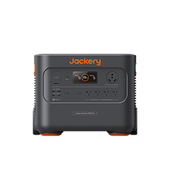

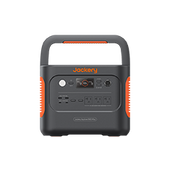
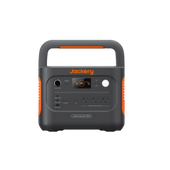
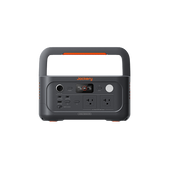

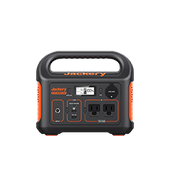
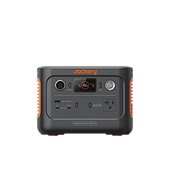
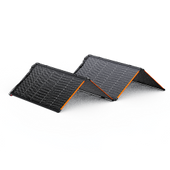
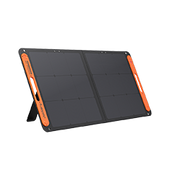

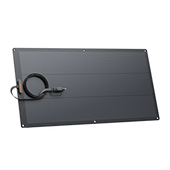
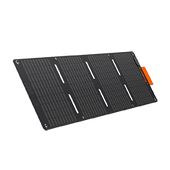
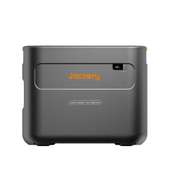
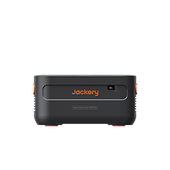
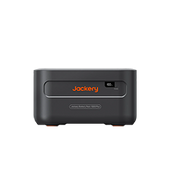
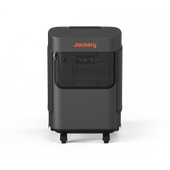
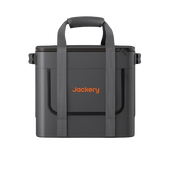
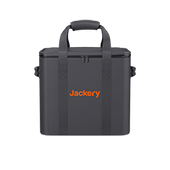
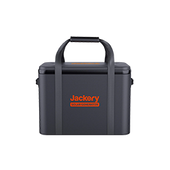
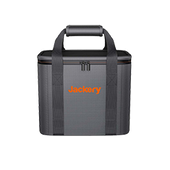
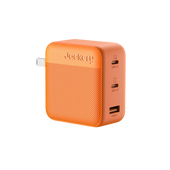
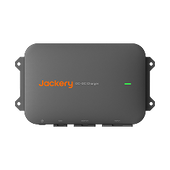
![[Add-on] Jackery Manual Transfer Switch for Explorer 5000 Plus](http://ca.jackery.com/cdn/shop/files/add-on-jackery-manual-transfer-switch-for-5000-plus-240V.webp?v=1757043692&width=170)
